“In this new world, technology is not a choice, but a fundamental business strategyâ€
We saw the pandemic accelerate the digital transition process of businesses last year. A year later, the implications of this transition have been significant and wide-ranging – from creating consumer experiences & engagements, to e-commerce, online education, e-payments, online medical consultations – almost all off-line activity is now done in the digital space.
Digital spends have gone up manifold, and brand strategies now incorporate reaching out to consumers in the online space. With this, there has also been the need for upskilling the workforce to tackle the business operational requirements in the new normal.
As part of our series on DIGITAL DIALOGUE, Adgully spoke to Gautam Thakker, Chief Executive Officer, Everymedia Technologies, who shared his insights on how digital transformation has been the key in responding to the disruption of work and business ecosystems, the year of transformation in 2020 and more.
With the accelerated transition to digital due to the pandemic crisis, how has this helped businesses scale up their operations? How do you see this shift to digital panning out over the next 5 years?
It is evident that in this new world, technology is not a choice, but a fundamental business strategy that must be interwoven into every part of an organisation. Digital transformation has been key in responding to the disruption of work and business ecosystems, and most businesses ramped up their efforts to meet this sudden change. In the near future, technology is only going to play a larger role for all the industries. As digital technology becomes more sophisticated, businesses will assign a larger number of tasks to automation. One of the things a company needs in order to successfully complete that digital transformation is reliable business process automation software. In addition to this, the digital transformation can enable better collaboration within organisations, higher employee innovation and productivity and curate more accurate insights. These strategies are what enable a business to grow and thrive post the pandemic.
Digital and performance go hand in hand. How are brands evaluating and measuring their performance on digital as a medium?
For measuring our performance digitally, we have a set of marketing goals that helps us compare the achieved results in comparison to previously set goals. We majorly evaluate our performance on the basis of – clients (for example, customer satisfaction), competitors (for example, relative increase in market share), and financial performance (for example, profit).
Digital as a medium comes with an advantage of effectiveness of applied techniques immediately or within a short period of time. In addition to this, the data analysis provides a deeper understanding of consumer behaviour and allows us to quickly adapt in order to achieve better results. This allows us to make informed decisions based on data analysis.
Talent has always been a challenge when something new disrupts the media world. How are digital companies scaling their knowledge and imparting training to people?
Contrary to popular belief, digital transformation is more about people rather than technology, the key technological skills are soft skills rather than hard skills. In my view, the best way to make your organisation more data-centric and digital is to selectively invest in those who are most adaptable, curious, and flexible in the first place. Since nobody knows what the key future hard skills will be, the best action is to bet on the people who are most likely to develop them. As far as training goes, I would say provide regular opportunities for your staff to learn and develop new technical skills, and then give them the confidence and space they need to turn those skills into ideas.
What kind of investments digital companies need to plan to face the future challenges both in terms of skill and technology?
The year 2020 has been a year of transformation. It has taught us to manage between the fine lines, technologically. Our investment plan for future challenges revolves around training the workforce to adapt and reskill constantly with the changes in technology. The main implication here is that when leaders think about investing in technology, they should first think about investing in the people who can make that technology useful. My main proposition for this is technical competence is temporary, but intellectual curiosity must be permanent.



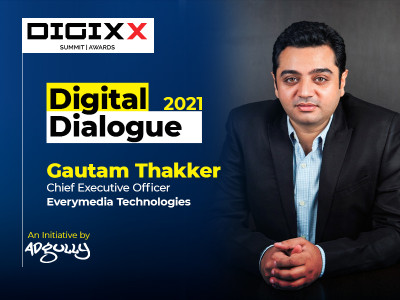


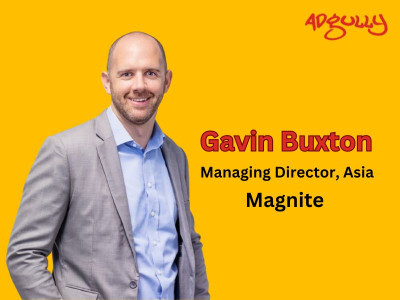

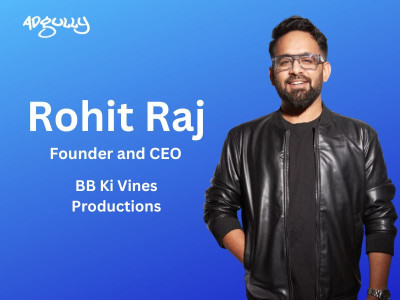


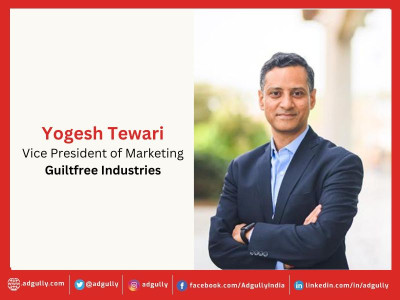
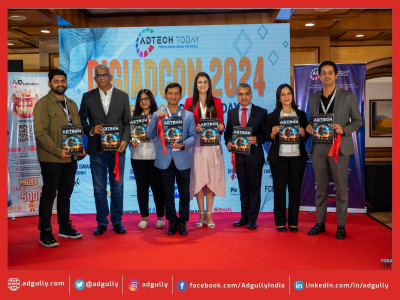

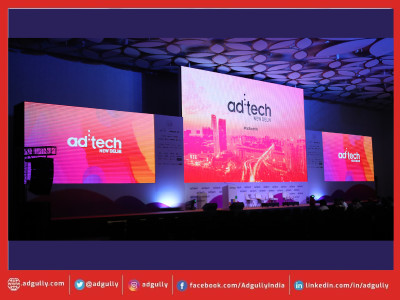



Share
Facebook
YouTube
Tweet
Twitter
LinkedIn